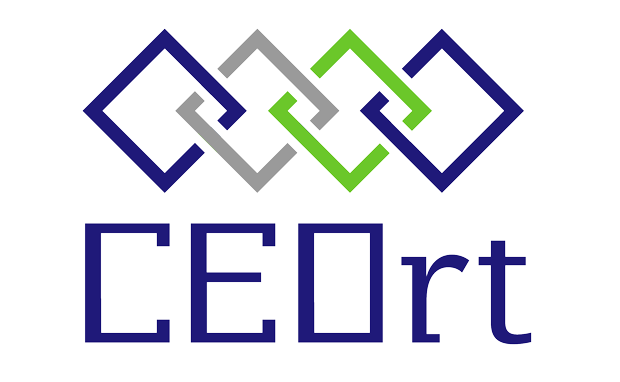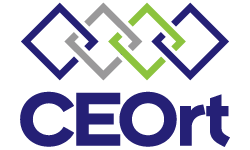The adoption of the United Nations Convention against Corruption recognized the need to rid the world of corruption, a crime that impacts the development of economies and attacks the foundation of democratic institutions. As a collaborative effort, Governments, the private sector, non-governmental organizations, and citizens around the world are fighting this crime. Among the 17 sustainable development goals (SDGs) adopted in 2015 to achieve sustainable development for all, SDG 16 calls for Peace, Justice and Strong Institutions. The reduction of corruption and bribery in all its forms is a key aspect of this goal, aiming to promote accountability and transparency, thus building effective institutions all around.
In Tanzania, the Prevention and Combating of Corruption Bureau (PCCB) was established in 2007 to lead the anti-corruption movement in the country. As the PCCB executes its mandate to prevent corruption, educate the society, and enforce the law against this crime, one motivating factor is seeing more stakeholders supporting their efforts to make integrity part of the national culture.
The CEO Roundtable and Ethical Leadership
A strong advocate for Ethical Leadership and Anti-Corruption, the CEO Roundtable of Tanzania (CEOrt) has made efforts within the media and through various forums to highlight the effects of corruption on the nation’s growing economy, and joined efforts to promote the fight against this debilitating crime.
The CEOrt worked in collaboration with the Ethics Secretariat to put in place a National Integrity Pledge for Public Leaders, Public Servants and Private Sector. Ms. Santina Majengo Benson, Executive Director of the CEO Roundtable of Tanzania, spearheaded the CEOrt’s Ethical Leadership agenda through the establishment of this pledge.
The Integrity Pledge is a formal and concrete expression of commitment to abide by ethical practices and to support a National Campaign on Ethics and War Against Corruption. A commitment to uphold ethical behaviour and anti-corruption principles, the National Integrity Pledge brought attention to the fact that corruption is not a problem limited to the Public Sector; it provided an opportunity for the Public and Private sectors to combine efforts in eliminating corruption in the country. To date, 98% of CEOrt’s members have signed the Pledge.
An Integrous Society
The commitment to building a culture of integrity is heavily supported by the Government of Tanzania. The Late President John Pombe Magufuli was hailed for being at the forefront of fighting corruption within and beyond the government. And from the moment President Samia Suluhu Hassan took up Office, Her Excellency also affirmed a zero tolerance approach to corruption. Some government organizations will not enter a business contract with any service provider that has not signed the Integrity Pledge Form at the Business Registrations and Licensing Agency (BRELA). This reinforces the need for transparency and accountability across all practices an organization engages in. Whilst it may take time for the nation to win the fight against corruption, these stringent moves are a great start. The CEOrt is encouraged to see the ongoing efforts and proud to support a cause that underpins Tanzania’s socio-economic growth prospects.
To this end, Private Sector leaders are encouraged to sign the Integrity Pledge Form as a symbol of their commitment to ethical leadership and the country’s prosperity.


